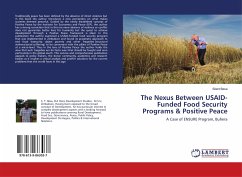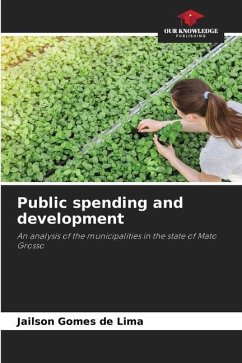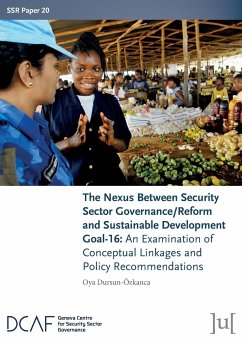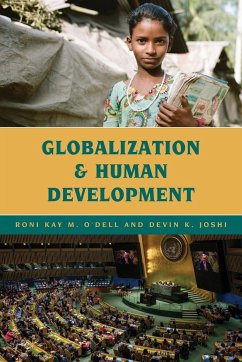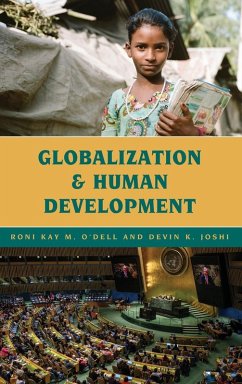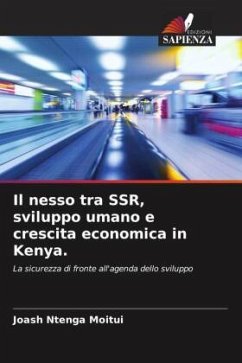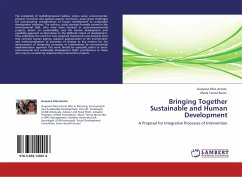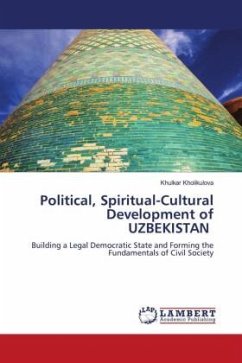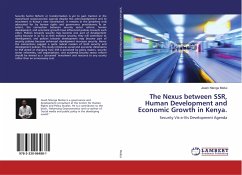
The Nexus between SSR, Human Development and Economic Growth in Kenya.
Security Vis-a-Vis Development Agenda
Versandkostenfrei!
Versandfertig in 6-10 Tagen
33,99 €
inkl. MwSt.

PAYBACK Punkte
17 °P sammeln!
Security Sector Reform or transformation is yet to gain traction in the mainstream socioeconomic agenda despite this acknowledgement and its enactment in Kenya's new constitution. It remains in the periphery only advocated for by human rights and governance practitioners. To an extent, the connection between security sector reform, human development, and economic growth have influenced policies towards each other. Policies towards security may become one part of development policy because in so far as they enhance security, they will contribute to development; and policies towards development ...
Security Sector Reform or transformation is yet to gain traction in the mainstream socioeconomic agenda despite this acknowledgement and its enactment in Kenya's new constitution. It remains in the periphery only advocated for by human rights and governance practitioners. To an extent, the connection between security sector reform, human development, and economic growth have influenced policies towards each other. Policies towards security may become one part of development policy because in so far as they enhance security, they will contribute to development; and policies towards development may become part of security policies because enhanced development increases security. Hence the connections suggest a quite radical revision of both security and development policies. The study introduces social and economic dimensions to SSR aimed at changing how SSR is perceived by policy makers, security sector reformists, civil organisations, and academia.Security sector reform should beviewed as a 'perceived' investment and resource to any county rather than an unnecessary cost.




